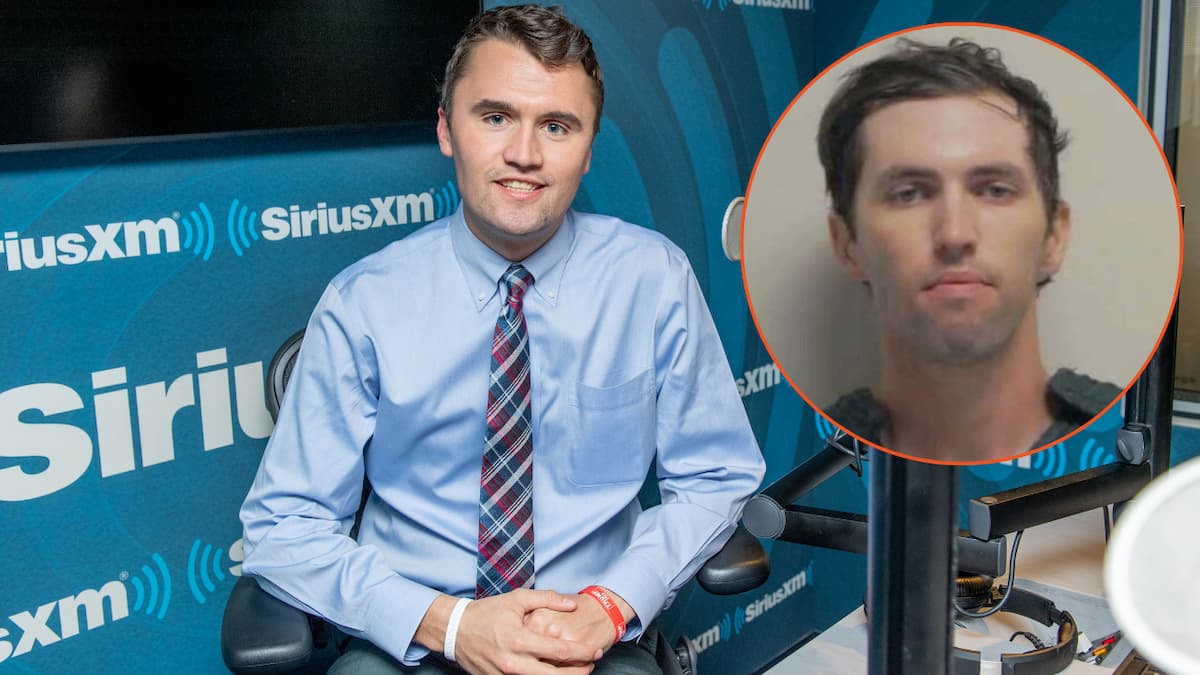
Video games have always been the go-to scapegoat for real world violence so it’s little surprise that a vocal doctor should make a link between the violence in videogames today and the alleged Charlie Kirk shooter, Tyler Robinson. However, the doctor’s take isn’t as simple as it may seem.
In an opinion piece for Fox News, Dr. Marc Siegel claimed that “extreme online immersion” is responsible for creating “lost boys” who are vulnerable to exploitation and violence. Robinson is supposedly one of these lost boys as it’s well known that he was into video games, or as Siegel puts it, he was “steeped in that world.”
The doctor also cited Alyssa Finley of The Wall Street Journal who wrote a piece titled, “Tyler Robinson and America’s Lost Boys.” In it, she claims that ”Marinating in an internet cesspool can’t be good for the young and malleable male mind.” There’s no denying that Robinson was heavily into videogames. His messages on Discord are key evidence in his case and even his bullets had references to popular online shooters such as Helldivers 2.
Are video game communities to blame for Tyler Robinson?
Numerous studies have shown that video games do not directly cause violence in people, there are many other factors at play such as a person’s environment and mental health. However, Siegel suggests that games and social media can chip away at the mental health of the youth.
It’s not so much the games themselves but rather the online communities that Siegel points the finger at. He refers to a statement from the FBI in March 2025, which warned of a “growing network of exploitative social media threats to young people.” This network operates on social media sites and online game lobbies and basically anywhere that people can communicate on the internet.
These groups apparently target mentally vulnerable individuals, grooming their victims before manipulating and coercing them in order to further isolate them. While such networks may well exist within gaming spaces this isn’t exactly something which is exclusive to that world.
However, the communities that can be found in online games could play a part in radicalizing someone. A huge portion of children and adolescents who heavily use social media often end up feeling worse about themselves and that can lead to them becoming more vulnerable to people who wish to manipulate them.
What can be done about it?
Ultimately Siegel admits that it might be too late for parents to intervene with someone like Robinson, who is 22. However, he advises parents to reduce children’s use of social media and limit their time playing videogames.
Right now we can’t confirm whether these online networks had a hand in manipulating Tyler Robinson as the exact details about what led to him allegedly shooting Kirk likely won’t come out until his trial. However, it’s probably good practice to limit exposure to social media nonetheless, especially in children.






